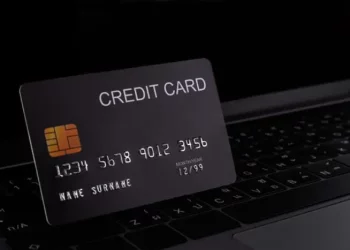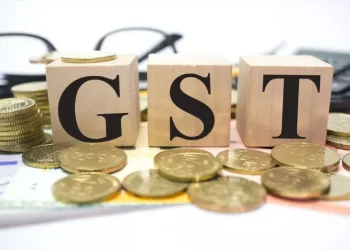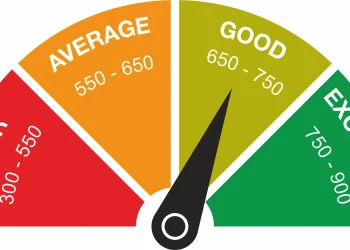Riding high on the success of policy initiatives for financial inclusion, the zero-balance account has a promising future, as the present trends suggest.
The 0-balance bank account (ZBA) comes across as a viable financial solution for individuals and businesses alike. These accounts waive the minimum balance requirement while also lowering other entry barriers like complicated documentation requirements and application process. As such, individuals with low or irregular incomes or those who cannot otherwise access standard saving accounts can access essential banking services and create a stable financial future. In short, ZBAs reduce the banking expenses and promote convenience and financial inclusion.
As technology continues to reshape the financial landscape, ZBAs are expected to go through innovation and transformation. If things pan out well, we could see a rapid expansion of ZBAs. These accounts could be the platform upon which banks will build innovative and need-based financial solutions for low-income individuals, students, women, rural folks, and others. Let’s dive deep into the evolving trends and innovations shaping the future of ZBAs.
Exploring the Future of Zero Balance Accounts
Enhanced Security Through Technology Integration:
With digitization revolutionizing banking and finance, there’s a need for concrete measures to address the rapidly rising security challenges. The financial institutions are likely to focus more on safeguarding the account holders’ sensitive data and deterring unauthorized access to their zero-balance accounts. We could see increased use of biometric authentication, two-factor authentication, encryption, and other modern technologies for enhanced security. Artificial Intelligence and Machine Learning could also be leveraged to identify security lapses in real time. This will help banks to respond to suspicious activities and timely mitigate risks. The Kotak Instant Account has cutting-edge security measures in place to promote secure banking.
Tailor-Made Solutions for All Groups:
Financial institutions and new-age banks are likely to draw on big data and artificial intelligence (AI) to get an understanding of the needs and behaviours of zero-balance account holders. The information, thus gained, will help them tailor solutions for every user group, be it the youth, rural populations, newly-employed, or women. Each group can, therefore, expect need-based financial tools, targeted savings programmes, and specialized services. That would encourage active participation of disadvantaged groups in the formal banking sector, which, in turn, will bring down poverty and speed up community development and India’s economic growth. The data will also enable financial service providers to create personalised customer care.
Boost Financial Education:
The level of financial awareness in India is relatively low. With the spread of 0-balance bank accounts, financial literacy will get a major boost in the coming years. As we speak, some zero-balance account initiatives are busy providing financial education on banking, saving and planning for the future, and other aspects. If trends are something to go by, these initiatives will just intensify to cover more people and more topics. The future-zero-balance account holders will be in a better position to choose financial tools wisely, manage finances efficiently, and avoid scams, fraud, and predatory lending. That will bring a world of change in their overall financial well-being, helping them break free from the limitations of poverty over time.
Mobile Wallet Integration:
Mobile wallets are central to modern-day banking. In the foreseeable future, we can anticipate their integration into ZBAs. As a side note, the Kotak Instant Account is already providing you with Internet banking and mobile banking solutions to simplify finance management. With mobile wallets, zero-balance account holders will have an added functionality of efficient, and convenient digital payments. You could manage accounts and move money directly from your gadgets, anytime and anywhere. Also, mobile wallets are easy to use and highly safe, as they come with security measures like authentication protocols and encryption.
A Collaborative Approach:
As Fintech evolves and grows, we see trends favouring a collaborative approach. From banks to Fintech companies, all the stakeholders will pool their resources, which will further the growth of 811-Kotak Instant Account and other zero-balance accounts. These collaborations will make the most of each other’s outreach, technological innovations, and expertise to extend the user base and deliver a broader range of cutting-edge financial services. That will be a concrete step towards financial inclusion, which is at the heart of zero-balance accounts. The zero-balance account holders can, thus, expect leading-edge features that will make banking a breeze. From AI-powered chatbots to biometric authentication and data analytics, the possibilities are simply endless.
Financial Inclusion:
India is on the verge of digital transformation. Growing internet access, smartphone usage, Fintech innovations, and policy initiatives are encouraging people to use technology for safe, quick, and economical banking and finance management. The zero-balance accounts are likely to intensify digital transformation and financial inclusion. It eliminates barriers that traditionally prevented the unbanked and underbanked population from accessing basic banking services.








